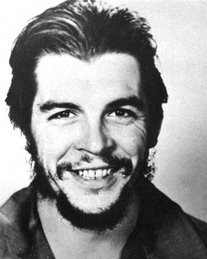
3.6 million Latin Americans have become literate using the Cuban method
Granma International - December 11
Por Yenia Silva Correa
• SOME 3.6 million Latin Americans have become literate using the Cuban Yo sí puedo (I Can Do It) method. At present, another 385,000 people from 24 countries are learning with this system, which further advances students with Yo sí puedo seguir (I Can Do More), based on the principles of the literacy campaign undertaken on the island in 1961.
These facts were presented by Dr. Jorge González Corona, advisor to the Ministry of Education (MINED), in a press conference on the Cuban Revolution's impact on education and the island's international cooperation in this sphere.
González Corona stated that Cuba currently has a matriculation of 3.5 million students and 350,000 teachers and professors. Speaking on the subject of higher education, which has produced one million professionals, he noted that the country has 65 central universities with more than 3,000 municipal university satellites.
Similarly, the MINED advisor emphasized the help Cuba has received in the training of human capital from other countries in the socialist camp, and highlighted the educational training of students from African and Latin American countries. Currently approximately 30,000 of them are studying for various degrees in Cuba. In the 50 years of the Revolution more than 30,000 Cuban educators have dedicated their services to Third World nations, a collaboration which González Corona affirms "has enriched us on the professional, scientific, and human level." Countries like Nicaragua, Angola, Venezuela and Bolivia have received help from Cuban teachers.
Justo Chávez, doctor of Pedagogy, detailed the role that pedagogy conferences have played in Cuba since 1986.
According to Dr. Chávez, these events constitute milestones for exchanging experiences and, for him, they are also meetings of educators for the political, social, and scientific importance of Latin American unity.

